Feeling a constant mix of stress and fatigue? You’re not alone in this. Over 40 million adults grapple with anxiety or related disorders. Many of us live in perpetual stress, constantly drained and on the brink of burnout. As a functional medicine dietitian, I believe in the power of food to be our medicine. My goal is to help my clients by recommending a diet that can naturally ease anxious feelings. This involves cutting out inflammatory ingredients that disrupt our body’s signaling and contribute to its dysfunction, while highlighting foods that offer genuine therapeutic value.
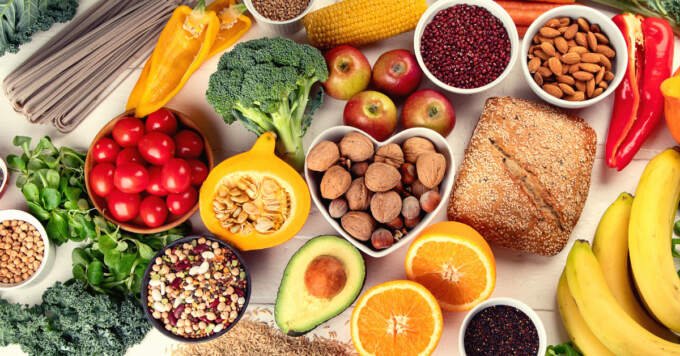
What we consume plays a pivotal role in how our body functions, influencing our mood, energy levels, and metabolism. When we talk about food’s impact on anxiety, it’s essential to understand the underlying mechanisms, such as the health of our microbiome, the integrity of our gut lining, the functioning of our hypothalamic pituitary adrenal (HPA) axis, and our overall nutrient status. By focusing on these areas, we can work towards improved mood stability and a greater ability to handle stress. Here are some key nutrients that can be beneficial for managing stress and anxiety.
But first, let’s delve into the intricate relationship between our diet and anxiety.
How diet affects anxiety.
When we’re stressed or anxious, our bodies activate a fight or flight response, affecting functions related to the thyroid, hormones, adrenal glands, and metabolism. While this instinct was essential for our ancestors facing real threats, it’s less appropriate in response to modern-day concerns like a full email inbox or an upcoming deadline. Essentially, our bodies haven’t fully evolved to differentiate between genuine threats and mundane stressors, leading to excessive reactions. Continual stress, which includes overthinking potential outcomes, dwelling on past events, or mentally processing overwhelming emotions, can disrupt the body’s balance.
Moreover, if our method of coping with persistent anxiety is to reach for the sugary treats often found in office settings, we’re inadvertently exacerbating the problem. Consuming excessive amounts of sweets, processed foods, or overly palatable items causes fluctuations in our blood sugar levels. These ups and downs negatively affect our mood and energy and can even lead to an imbalance in our gut’s microbial environment, feelings of exhaustion, weight gain, and hormonal irregularities.
The food we eat, right down to individual ingredients, can either fuel our stress responses or help quell them. Thankfully, the opposite is also true: certain foods have the potential to counteract these stress responses. Foods rich in minerals that stabilize mood, vitamins beneficial for brain health, essential amino acids, antioxidants, anti-inflammatory agents, and those with adaptogenic qualities can all help the body handle chronic anxiety more effectively.
By consciously selecting nutrients that regulate neurotransmitter production, alleviate stress and tension, and nurture the gut, we can tackle anxiety from two fronts. Not only can these nutrients promote a sense of tranquility and lessen the physiological reactions to stress, but they also suppress the urge to indulge in foods that can throw our systems off balance. Incorporate these beneficial nutrients into your daily diet to foster relaxation, and you might also observe a ripple effect on your overall well-being.
Here are the top 5 nutrients for anxiety:
1. Magnesium
Magnesium is often hailed as nature’s relaxant. [Magnesium is also important for the brain] It directly impacts the HPA-axis, diminishing cortisol and adrenal production, both known as the body’s “stress hormones.” It functions by lessening the secretion of ACTH (adrenocorticotropic hormone) from the pituitary gland. Moreover, magnesium’s special characteristic allows it to penetrate the blood-brain barrier, acting as a sentinel against stress by preventing stress hormones from accessing the brain. A lack of magnesium has been linked to heightened anxiety, highlighting the significance of maintaining adequate levels. Depletion of magnesium has even been found to cause fibromyalgia as well as being one of the best nutrients for anxiety.
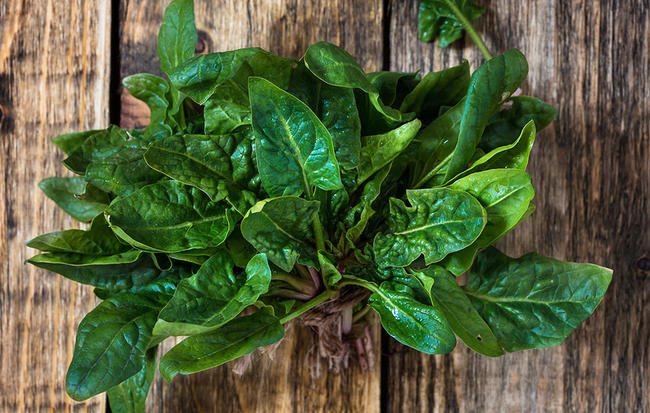
Foods to eat for magnesium:
- Spinach (cooked)
- Serving: 1/2 cup
- Magnesium: 78 mg
- [Spinach for Skin]
- Swiss Chard (cooked)
- Serving: 1/2 cup
- Magnesium: 75 mg
- Dark Chocolate (70–85% cocoa)
- Serving: 1 oz (28 grams)
- Magnesium: 64 mg
- Pumpkin Seeds (dried)
- Serving: 1/8 cup
- Magnesium: 92 mg
- Black Beans
- Serving: 1/2 cup
- Magnesium: 60 mg
- Almonds
- Serving: 1 oz (28 grams)
- Magnesium: 76 mg
- Cashews
- Serving: 1 oz (28 grams)
- Magnesium: 74 mg
- Avocado
- Serving: 1 medium
- Magnesium: 58 mg
- Banana
- Serving: 1 medium
- Magnesium: 32 mg
2.Choline and B vitamins
Choline, an essential fat-soluble B vitamin found predominantly in egg yolks, plays a pivotal role in creating acetylcholine3, a neurotransmitter responsible for managing stress reactions. Yet, the cholesterol concerns of the 1980s and ’90s discouraged many from consuming egg yolks, leading to a notable deficiency4 in choline among Americans. Studies have shown that reduced choline levels are linked with heightened anxiety and panic attacks5.
Furthermore, various water-soluble B vitamins, including B-12, biotin, B-6, and folate, have connections to mood disturbances and tiredness. These B vitamins are vital for producing neurotransmitters and ensuring effective nerve communication. B-5, often referred to as pantothenate, is essential for the proper synthesis of stress hormones7 and the metabolism of carbohydrates, proteins, and fats, which are crucial for energy balance.
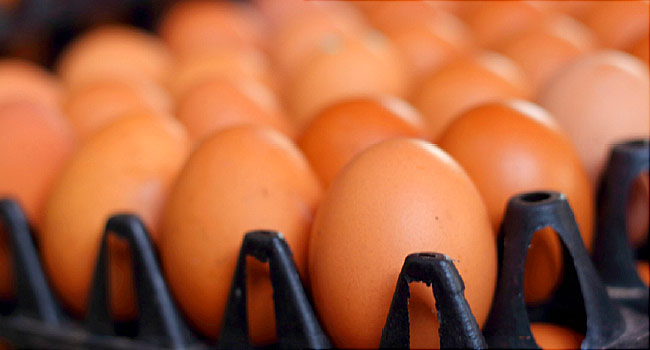
Foods High in Choline:
- Egg yolks
- Serving: 1 large egg
- Choline: 147 mg
- Beef liver (pan-fried)
- Serving: 3 oz (85 grams)
- Choline: 356 mg
- Chicken liver (cooked)
- Serving: 3.5 oz (100 grams)
- Choline: 290 mg
- Wheat germ (toasted)
- Serving: 1 cup
- Choline: 172 mg
- Soybeans (roasted)
- Serving: 1/2 cup
- Choline: 107 mg
Foods High in B Vitamins:
- Salmon (cooked)
- Serving: 3 oz
- Vitamin B12: 4.8 mcg
- Vitamin B6: 0.5 mg
- Spinach (cooked)
- Serving: 1/2 cup
- Folate (B9): 131 mcg
- Beef (cooked)
- Serving: 3 oz
- Vitamin B12: 2.7 mcg
- Vitamin B6: 0.4 mg
- Whole grains (like quinoa)
- Serving: 1 cup (cooked)
- Various B vitamins: Content varies by grain type.
- Yogurt
- Serving: 1 cup
- Vitamin B12: 1.4 mcg
- Riboflavin (B2): 0.6 mg
- Tuna (cooked)
- Serving: 3 oz
- Vitamin B12: 2.5 mcg
- Vitamin B6: 0.6 mg
- Bananas
- Serving: 1 medium
- Vitamin B6: 0.4 mg
- Lentils (cooked)
- Serving: 1/2 cup
- Folate (B9): 179 mcg
3. L-theanine
L-theanine acts as a regulator for the brain’s neurotransmitters, helping to maintain equilibrium by addressing both surpluses and shortages. It has the potential to boost alpha brain waves, which are predominant during profound meditation, artistic endeavors, relaxation, and the REM sleep phase. Furthermore, it enhances focus and alertness during the day. Studies have revealed that L-theanine supplements can decrease secretory IgA linked to stress reactions and gut permeability, translating to reduced anxiety.
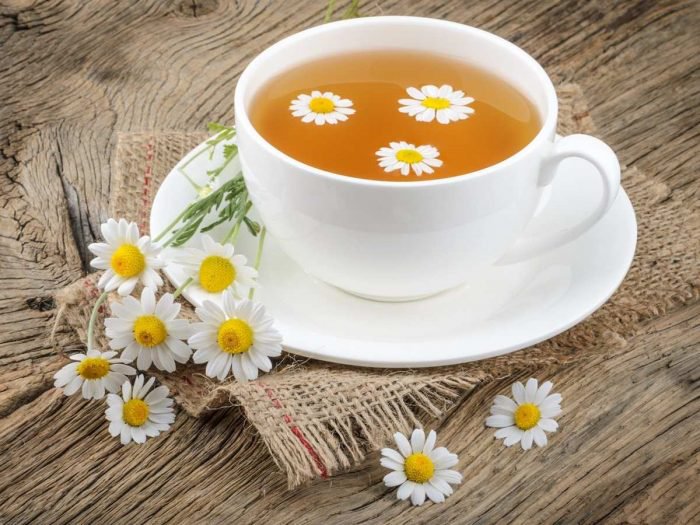
Foods to eat for L-theanine:
- Green Tea
- Serving: 1 cup (brewed from 2 grams of tea leaves)
- L-theanine: 20-60 mg (depending on the variety and brewing time)
- Black Tea
- Serving: 1 cup (brewed from 2 grams of tea leaves)
- L-theanine: 20-60 mg (though typically a bit less than green tea)
- White Tea
- Serving: 1 cup (brewed from 2 grams of tea leaves)
- L-theanine: It’s generally less than green or black tea, but exact amounts can vary.
- Matcha Green Tea (powdered green tea)
- Serving: 1 teaspoon mixed into a cup of water
- L-theanine: 20-40 mg, but can be higher due to the concentrated nature of matcha.
4. Probiotics
Probiotics can be considered nature’s mood enhancers! Good bacteria, particularly the strains of Lactobacillus and Bifidobacterium, contribute to the production of our positive neurotransmitters, serotonin and GABA. However, when there’s an imbalance in gut bacteria due to issues like SIBO, candida, or dysbiosis, the gut starts generating stimulatory neurotransmitters, such as epinephrine (adrenaline), which can exacerbate anxiety and persistent stress reactions9. While these neurotransmitters don’t directly penetrate the blood-brain barrier, they interact with the central nervous system through the enteric nervous system.
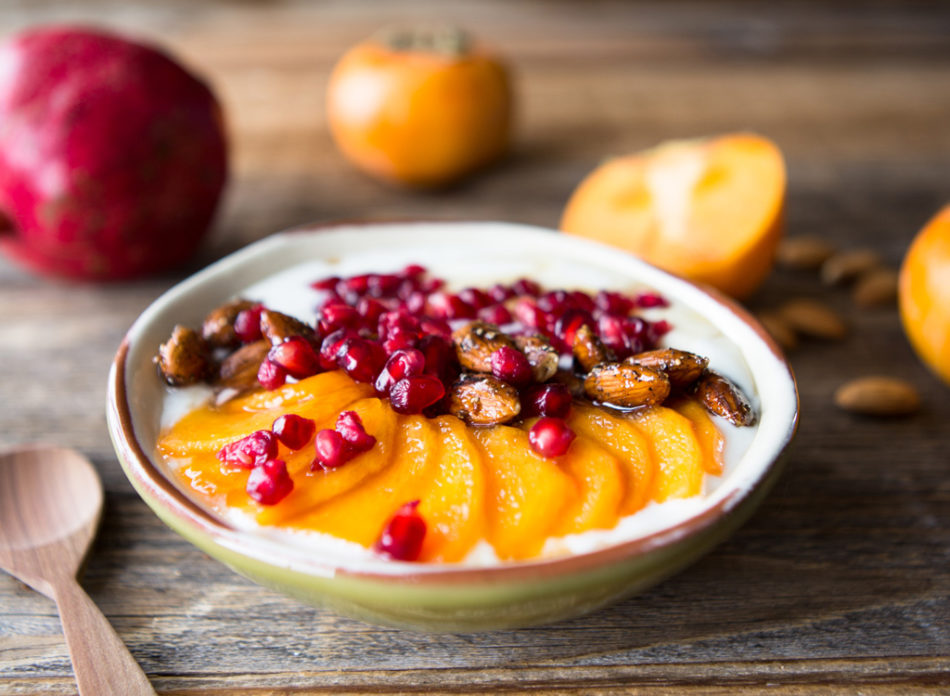
Foods to eat for probiotics:
Yogurt
Kiefer
Kimchi
Sauerkraut
Kombucha
Miso
Pickles
Tempeh
5. Vitamin D
Vitamin D plays a multifaceted role in our body, impacting various physiological processes, some of which are related to mood and mental health. Here’s how vitamin D might be influential as one of the nutrients for anxiety:
- Neurotransmitter Regulation: Vitamin D helps regulate the conversion of tryptophan to serotonin, a neurotransmitter that plays a key role in mood regulation. Serotonin imbalances are often linked to mood disorders, including anxiety.
- Brain Protection: Vitamin D can protect the brain against oxidative stress, promote the health of brain neurons, and regulate inflammation. Chronic inflammation and oxidative stress are thought to contribute to anxiety and depression.
- Hormone Regulation: Vitamin D might play a role in the regulation of hormones that influence mood and stress response, including cortisol.
- Gene Expression: Vitamin D receptors are found throughout the body, including the brain. Vitamin D can influence the expression of genes that play a role in mood regulation and immune function.
- Brain Development and Function: Vitamin D plays a role in neurodevelopment and neuroplasticity, which could impact mood and cognitive functions.
- Immune Regulation: There is a connection between immune system regulation and mood disorders. Vitamin D can regulate the immune response and reduce inflammation. Chronic inflammation has been linked to mood disorders such as depression and anxiety.
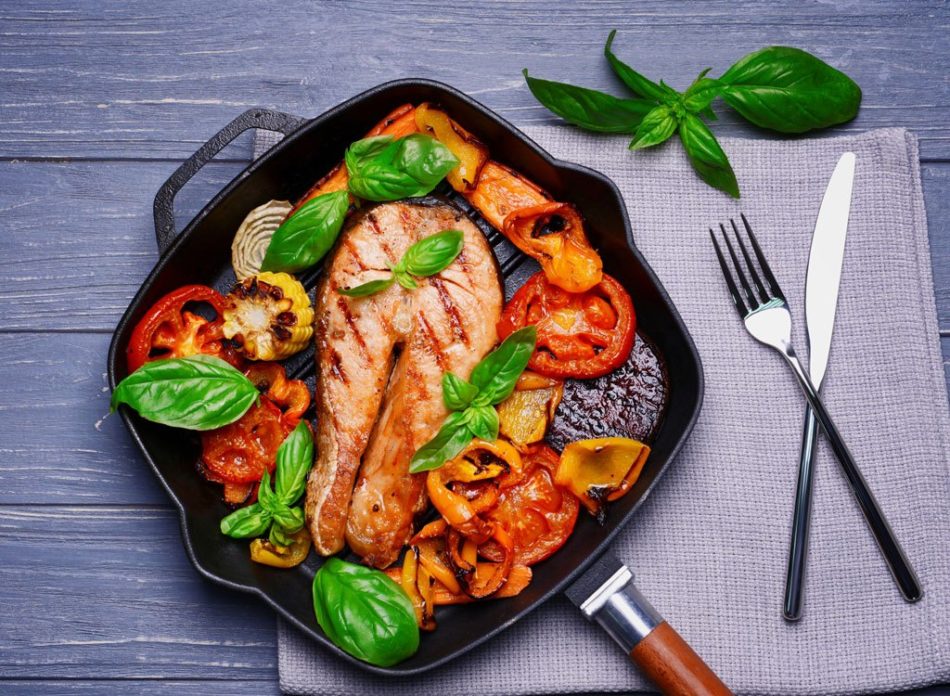
Foods that contain Vitamin D:
- Fatty Fish:
- Salmon: Depending on the variety and wild vs. farmed factors, a 3.5-ounce (100-gram) serving can contain anywhere from 360 to 570 IU.
- Mackerel: About 360 IU for a 3.5-ounce (100-gram) serving.
- Sardines: About 70 IU per 3.5-ounce (100-gram) serving.
- Tuna: Canned in oil has about 230 IU per 3.5-ounce (100-gram) serving.
- Cod Liver Oil: A tablespoon (15 ml) contains about 1,360 IU. This is a potent source and can also provide significant amounts of other essential nutrients like omega-3 fatty acids.
- Fortified Foods: These vary greatly in the amount of vitamin D they provide, and it’s essential to check the nutrition label:
- Fortified milk: Generally has about 120 IU per 8-ounce (240-ml) serving.
- Fortified plant-based milk alternatives: Like almond, soy, or oat milk, might contain around 100–140 IU per 8-ounce (240-ml) serving.
- Fortified orange juice: About 100 IU per 8-ounce (240-ml) serving.
- Fortified cereals: Varied amounts, so it’s vital to check the label.
- Eggs: The yolk of a large egg typically contains about 40 IU.
- Beef Liver: Contains about 40 IU per 3.5-ounce (100-gram) serving.
- Cheese: Hard cheeses like cheddar have around 6 IU per 1-ounce (28-gram) serving.
- Mushrooms: Some types of wild mushrooms can provide vitamin D, but the amount varies widely based on type and exposure to UV light. Maitake mushrooms, for example, have around 786 IU per 3.5-ounce (100-gram) serving.
- UV-irradiated Foods: Some foods, especially mushrooms, are exposed to ultraviolet (UV) light to increase their vitamin D content.
Embracing the philosophy that food is medicine, nourishing your body with these nutrient-rich foods loaded with magnesium, B vitamins, L-theanine, and probiotics becomes a holistic approach to well-being. By incorporating two or three of these selections into your daily diet, you’re essentially crafting a natural prescription for enhanced stress resilience and mood balance. Witness the transformative power of nutrition as you journey towards a calmer, more centered self. Want to feel even calmer? Schedule a massage!







